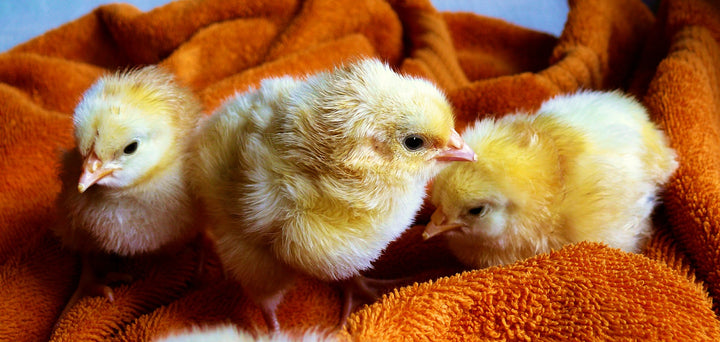
Chickens need extra grain to keep them warm and also to compensate for lack of grass and insects. Feed them cracked corn in the evening, it gives them something to digest keeping them warmer. to Keep them Warm all night
Keeping the coop filled with the recommended amount of chickens helps keep the temperature comfortable.
Chickens need water to digest their food properly. Make sure the birds have water … not ice.
Chickens usually pick up grit naturally from small pebbles they ingest while foraging around, scratching through the dirt in search of morsels to eat. The grit acts like “teeth” to help their gizzard “chew” their food. In winter, however, the ground may be frozen and too hard for a bird to dislodge any pieces to pick up grit naturally. In this case, it’s wise to make sure your birds have plenty of supplemental grit to help them digest their feed. Your flock will thank you for providing this digestive assistance on those cold winter days
In the coldest winter climates, you may find that breeds with large combs and wattles are prone to frostbite. To protect them, you can smear their combs and wattles with petroleum jelly. However, if your chickens do get frostbite, it is usually nothing serious as just the tips of the combs are affected—but it can look a little icky.
Chickens Don’t Have to Be Put Inside in Bad Weather
If chickens don’t want to be outdoors, they'll head into the coop. Just let them do what they want. They're hardier than you might think, and aren’t as averse to cold as people often assume. Don’t waste your time and energy trying to shoo them indoors during rain or snow.
Roosts Are Key. Chickens will roost together and fluff themselves out. This is what keeps them warm. It also keeps them off the cold ground—roost should be raised at least two or three feet above the earth. So make sure you have plenty of space for all your chickens to comfortably roost. Check on them in the evening with a flashlight—if a bird is on the ground, there’s not enough space.

